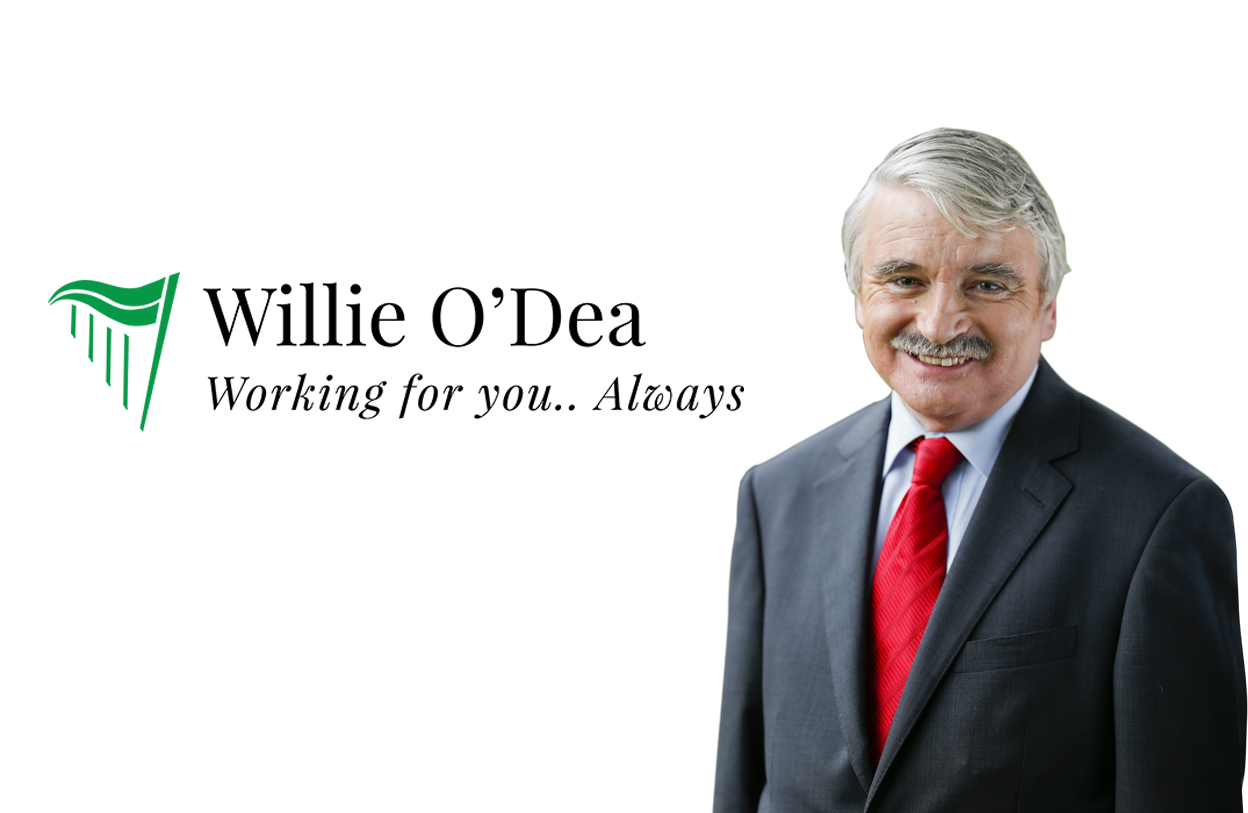 Within hours of becoming leader of Fianna Fáil Micheál Martin had silenced his critics. In what most political commentators agree was a strong and inspirational first speech Micheál Martin dismissed the cronyism culture and charted his vision for the future for the country and for Fianna Fáil.
Within hours of becoming leader of Fianna Fáil Micheál Martin had silenced his critics. In what most political commentators agree was a strong and inspirational first speech Micheál Martin dismissed the cronyism culture and charted his vision for the future for the country and for Fianna Fáil.
He acknowledged the mistakes and misjudgements made and used them to show how the political system and how we conduct our politics needs to be changed.
Fianna Fáil is not seeking to re-invent its past. This economic turmoil happened on our watch, but the opposition parties cannot be let away with peddling the complete myth that they somehow saw the economic downturn coming back in 1997, 2002 or 2007. They didn’t.
People who voted back in the 2002 and 2007 elections should think back to the auction politics alternatives FG and Lab offered at the time. Remember the Telecom shares compensation scheme. Remember the outcry when Fianna Fáil did apply the breaks to the economy in 2002/2003.
Both the 2002 and 2007 elections saw the opposition parties promising to borrow more and spend more than Fianna Fáil. Not one of the main parties can look back on how they predicted Ireland would progress and credibly say they got it right. The broad political consensus back then was flawed.
While those elections are over and done, the two parties who fought them on the greater spend now and pay later platforms will not be permitted to fool voters to the contrary. The mistakes made by that political consensus are bad enough without Fine Gael and labour adding the crime of political hypocrisy to their own list of charges.
The week that finished with the election of an exciting and dynamic new leader commenced with me feeling almost moved to raise a cheer when I heard Comrade Joe Higgins’ clash with EU Commission President Barroso.
Barroso is right when he says that Europe is “part of the solution” to our problems, but he does a disservice to the EU and its institution when he attempts to gloss over the real part the EU played in our suffering these problems.
The European Central Bank has supported and bolstered our ailing banking centre with billions of Euros, but it has not done purely as an act of altruism.
The Irish banking sector came perilously close to collapse because of its own greed and recklessness in fuelling the property market here, but it was not unique in that. It was plugged into a global and European banking system that was just as bad. Banks in Germany France, UK, Belgium and across Europe also speculated in the Irish property market alongside the Irish banks.
The Irish banks borrowed recklessly from these banks. The Irish banks didn’t twist their arms or blackmail these banks into lending to them. Quite the opposite. These banks were eager to pump money in here in the hope of making a fast buck.
And we are not talking about small sums of money here. Irish banks owe €113 billion to German banks, €107 billion to British banks and a large amount to Belgian and other banks.
All these banks were regulated in their home countries, not in Ireland, They operated under EU regulations. So there is no point in Barroso, Sarkozy or Merkel coming along now claiming “Nothing to do with me, guv”. Especially after their own banks have been secured and propped up by all of us in the EU.
As I said last week, the EU needed the Euro to be defended on Irish soil as it would have been infinitely more expensive to defend it on Portuguese Spanish or Italian territory.
That has had a major price for us. Now the armchair generals who directed the battle from the safety of the heart of the continent want us to repair the battlefield ourselves and pay them extra for the privilege.
Travelling to Brussels to ask those who are doing this to please desist may provide a nice media opportunity for Fine Gael, but it is a meaningless gesture.
The one thing it will achieve is to get Enda out of hiding for a few hours, so maybe it is a risky strategy by Fine Gael after all?


